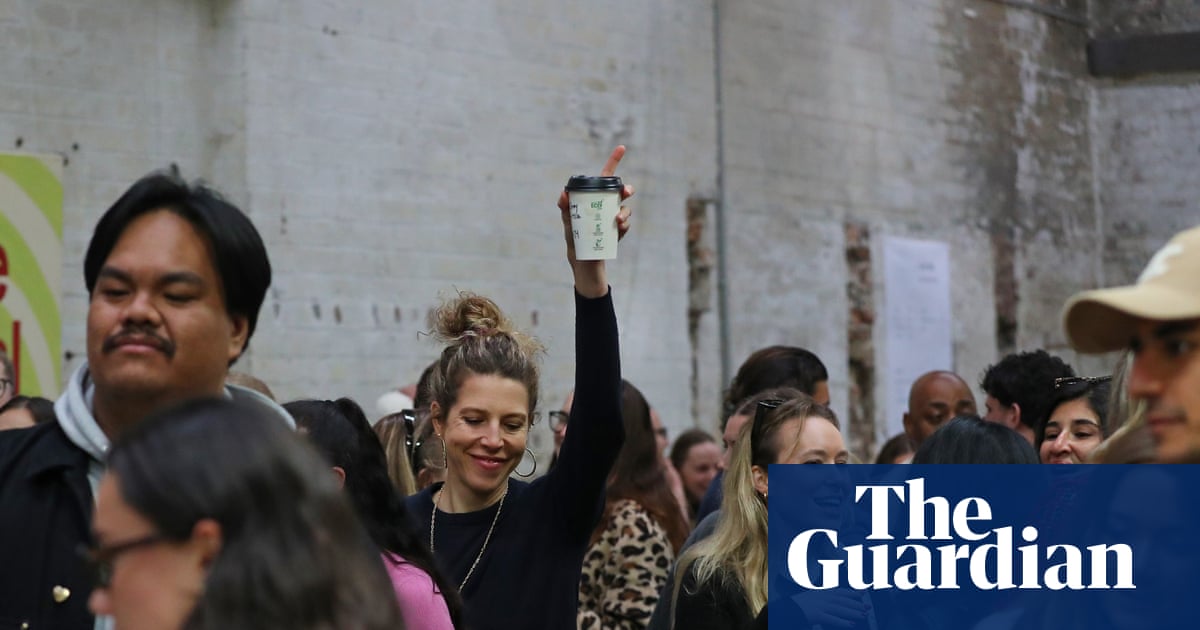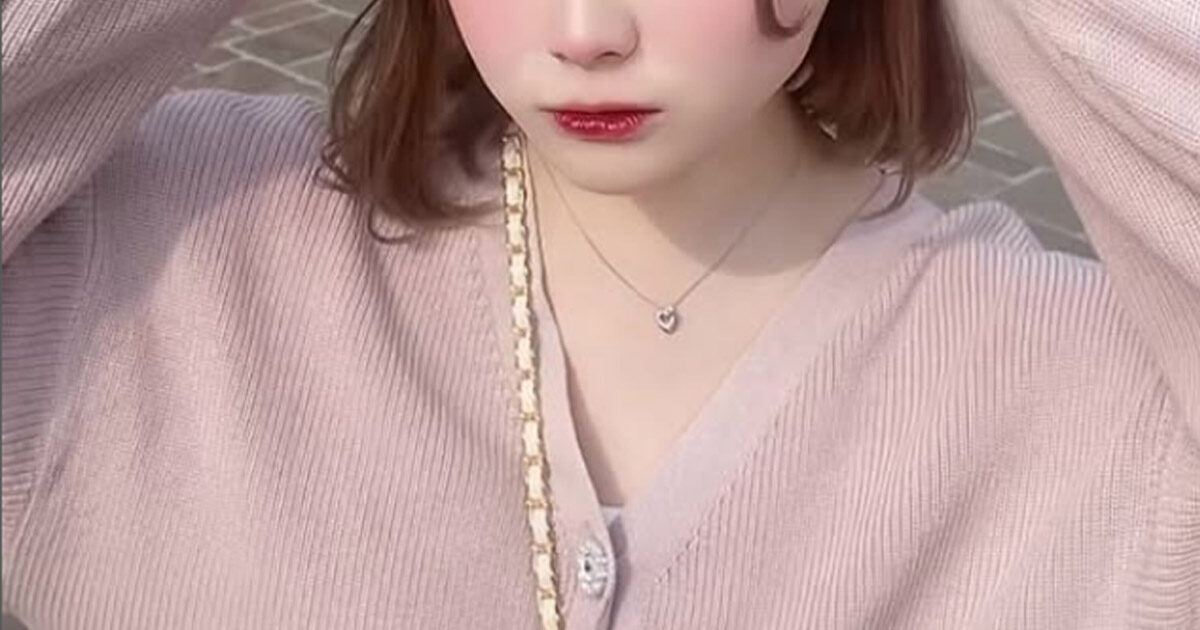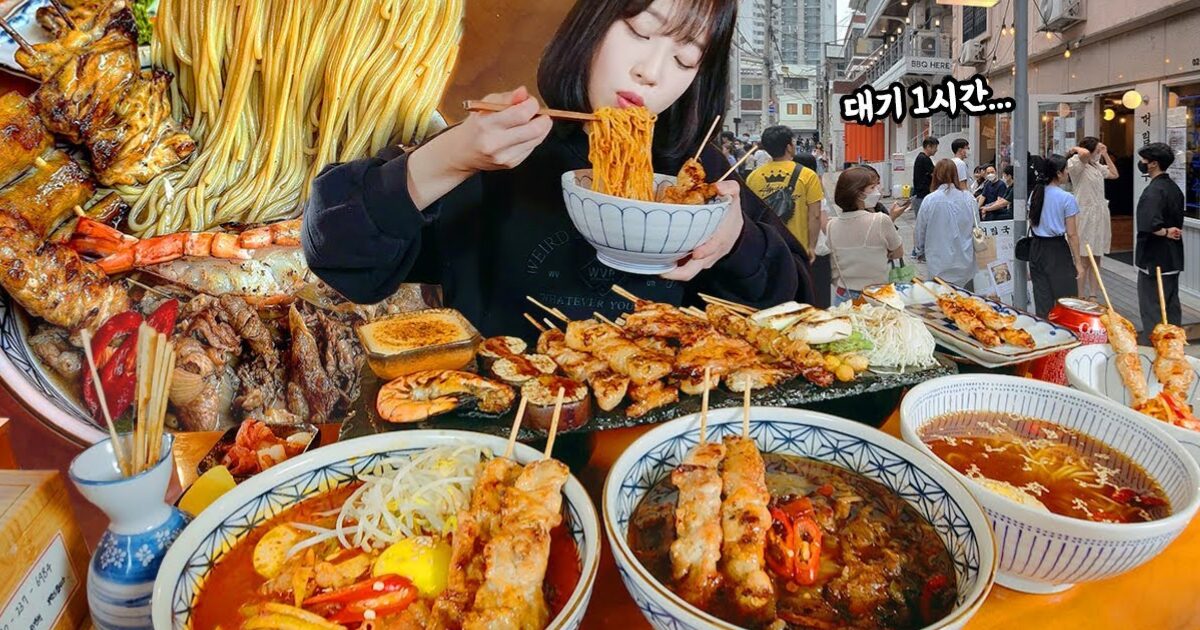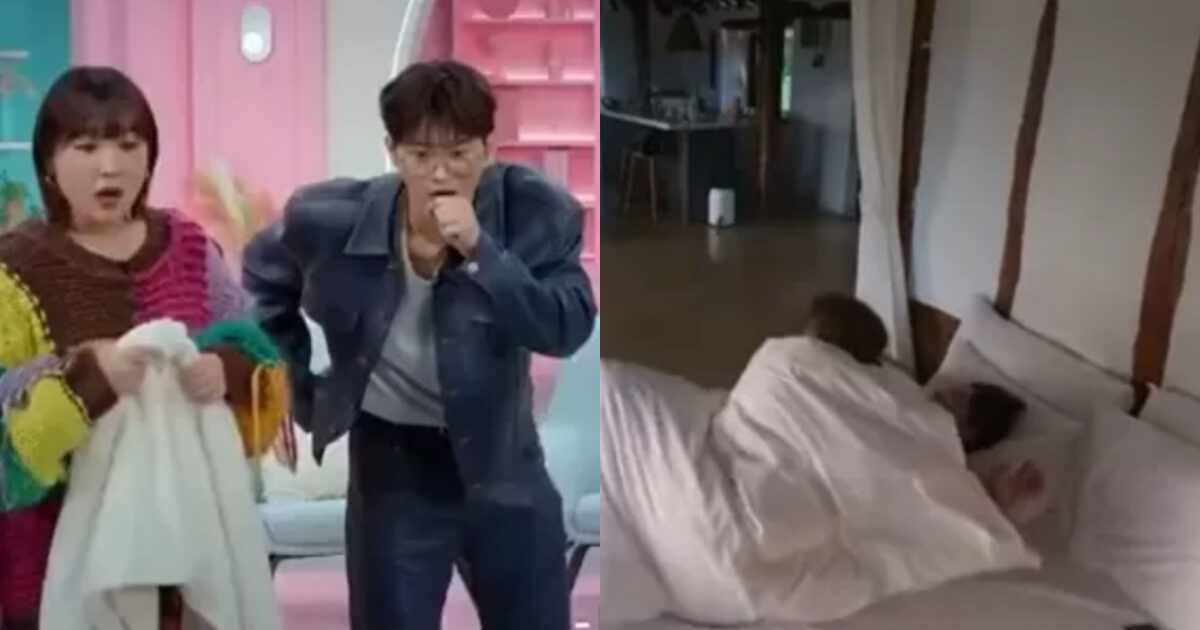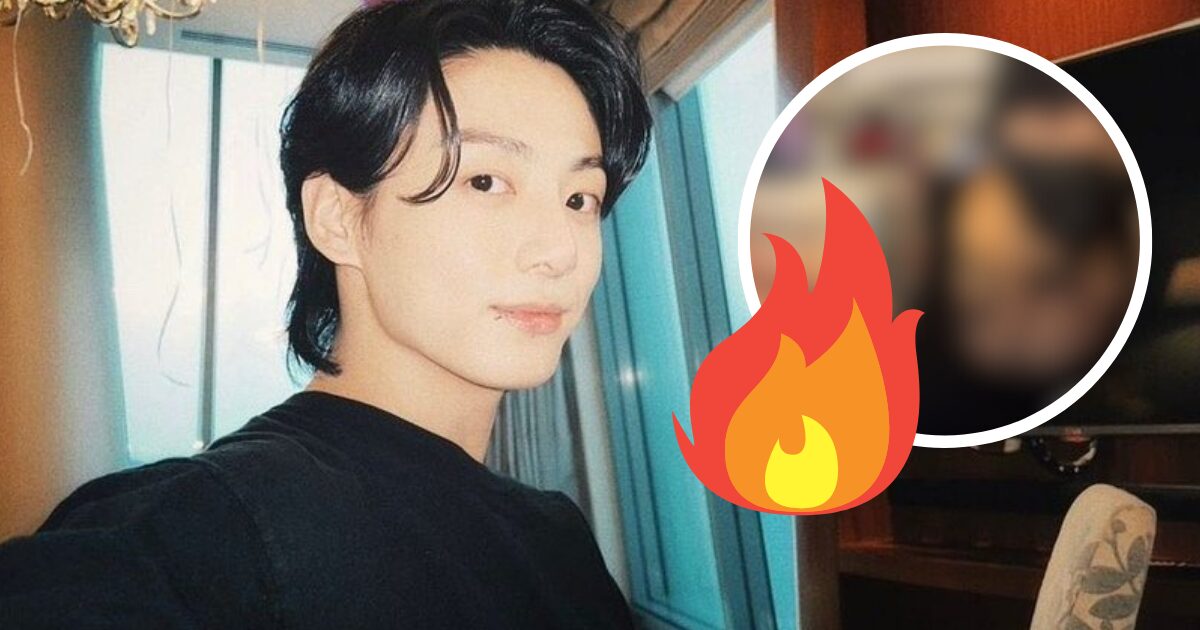Labubu Dolls Take TikTok by Storm, Sparking Viral Craze and Chaos

By Conor Murray, Forbes Staff
In the whimsical world of viral trends, few products have captured the imagination of social media users like the Labubu dolls. These plush monster toys, characterized by their razor-sharp teeth and mischievous smiles, have recently become a sensation on TikTok. Consumers are increasingly obsessed with showcasing their collections, leading to an explosion of videos that have collectively garnered millions of views. Meanwhile, re-sellers have seized the opportunity to charge exorbitant prices for these frequently sold-out toys, creating a frenzy among collectors.
Labubus are small, monster-like dolls inspired by Nordic mythology and are sold exclusively by the Chinese retailer Pop Mart. Priced between $20 and $30, the dolls are packaged in what are known as “blind boxes.” This means that buyers are often unaware of the design or color of the doll until they open the box, adding an element of surprise and excitement to the purchasing experience. This unpredictability has fueled the toys' rapid ascent on TikTok, where users eagerly share their unboxing experiences, hoping to reveal the elusive “secret” Labubu — a rare edition that has only a 1-in-72 chance of being found.
Recent statistics from TikTok analytics reveal that the hashtag #labubu has appeared in over 32,000 posts in the United States alone within just the past week, and the total number of posts worldwide has surpassed a staggering 1 million. This surge in popularity has made Labubu dolls exceedingly difficult to obtain. Many buyers have reported that the stock has been wiped clean from the Pop Mart website, and the limited number of Pop Mart locations in the U.S. have witnessed long queues of eager fans hoping to snag their own dolls.
The Labubu phenomenon has been significantly amplified by the endorsements of celebrities and social media influencers. High-profile personalities such as singers Rihanna and Dua Lipa have been spotted sporting Labubu accessories, while members of the celebrated K-pop group Blackpink have also been credited with igniting interest in the toys, particularly throughout Asia. This celebrity involvement has helped to propel the Labubu trend into the mainstream, creating an environment where demand far exceeds supply.
As with many popular toys, the re-seller market has taken advantage of the Labubu craze. Prices have skyrocketed on various online platforms, with some limited-edition Labubu dolls being listed for thousands of dollars. A particularly rare doll has been spotted on eBay for an astonishing $7,000. Meanwhile, on StockX, a marketplace for sneakers and collectibles, some Labubu editions, including a special collaboration with Vans, are being auctioned for more than $3,000 apiece. This rampant speculation has led to a secondary market that bears striking similarities to the trends seen in previous viral sensations.
The atmosphere surrounding Pop Mart stores has turned chaotic, with some TikTok users sharing videos that depict scenes of customers brawling and shouting over these coveted toys. One user humorously labeled her experience the “Labubu Hunger Games” as she arrived at a California mall at dawn to score a new product release. In her video, she detailed how early arrivals received numbers to maintain order in the queue, yet chaos ensued as tensions flared, and accusations of line-cutting emerged.
The Labubu dolls are brought to life by artist Kasing Lung, a Hong Kong native with Dutch roots. He drew inspiration from Nordic mythology to create these whimsical characters, which first made an appearance in his 2015 picture book, “The Monsters Trilogy.” Lung's partnership with Pop Mart began in 2019 when they licensed his designs for transform into collectible toys. The collaboration has evidently paid off, as Labubu toys have now become a sought-after commodity.
In a related development, Chinese customs authorities have confiscated at least 462 Labubu dolls that were being smuggled into the country. Reports indicate that these toys were meant for resale, which has raised concerns about their popularity and the lengths to which fans will go to obtain one. The Labubu dolls are also experiencing fast sellouts in China, mirroring their success in the U.S. market.
The Labubu phenomenon is not an isolated incident. It joins the ranks of other products that have gone viral on TikTok, such as Stanley cups. Last year, Stanley cups captured consumer attention to the point where fans would line up outside stores for new releases, leading to similar instances of public disorder. Some TikTok users have critiqued this behavior as emblematic of modern overconsumption. In one viral video that boasted nearly 250,000 likes, a user lambasted shoppers for buying Labubus en masse from re-sellers, arguing that they wouldn’t be interested in the dolls if they weren’t trendy. Similarly, another video amassed 350,000 likes and encouraged viewers to “be original,” questioning the authenticity of the demand for Labubus.
As the Labubu dolls continue to captivate fans, the debate around consumer culture and the pressures of social media remains ever-present. Whether seen as whimsical collectibles or symbols of overindulgence, Labubus have undeniably made their mark on the world of viral trends.












